At the SCAD Savannah Film Festival, a gathering of animation's brightest talents shed light on the art of crafting relatable characters in a rapidly evolving industry. Chris Appelhans and Maggie Kang, the directors behind the hit series 'KPop Demon Hunters,' took the stage alongside their peers to discuss the intricacies of creating authentic characters that resonate with audiences worldwide.
Behind the scenes of 'KPop Demon Hunters,' Appelhans and Kang employed a unique approach to character development, one that prioritized realism and nuance. "We wanted to create characters that were ugly at times, silly, and hot," Appelhans explained, "because that's what real people are like." This refreshing perspective on character design has been a key factor in the show's success, resonating with viewers who crave authenticity in their entertainment.
The SCAD Animation Panel, moderated by Variety's Chief Awards Editor Clayton Davis, brought together a diverse group of directors, each with their own distinct vision and approach to animation. Ugo Bienvenu, director of 'Arco,' discussed the importance of cultural sensitivity in animation, while Domee Shi, director of 'Elio,' highlighted the need for more diverse representation in the industry. Alex Woo, director of 'In Your Dreams,' shared his experiences working with AI tools to create immersive worlds, and Maïlys Vallade, director of 'Little Amélie or the Character of Rain,' spoke about the challenges of balancing creative vision with commercial expectations.
As the conversation unfolded, it became clear that the animation industry is on the cusp of a revolution, driven by advancements in AI technology and shifting audience expectations. "Animation is no longer just about pretty pictures," said Kent Seki, director of 'Teenage Mutant Ninja Turtles: Mutant Mayhem.' "It's about telling stories that matter, with characters that feel real and relatable." This sentiment was echoed by Appelhans and Kang, who emphasized the importance of authenticity in their character design.
The use of AI tools in animation has been a hot topic in recent years, with many directors experimenting with AI-generated characters and environments. However, Appelhans and Kang took a more nuanced approach, using AI to enhance their creative process rather than replace it. "We used AI to help us develop our characters, but we always made sure to keep the human touch," Kang explained. "We wanted our characters to feel real, not just generated by a machine."
As the industry continues to evolve, it will be interesting to see how AI technology shapes the future of animation. Will we see more realistic characters, or will AI-generated worlds become the norm? One thing is certain: the animation industry is on the cusp of a revolution, and the possibilities are endless.
In the words of Appelhans, "The future of animation is not just about pretty pictures, it's about telling stories that matter, with characters that feel real and relatable." As the industry continues to push the boundaries of what is possible, one thing is clear: the art of animation is about to get a whole lot more interesting.
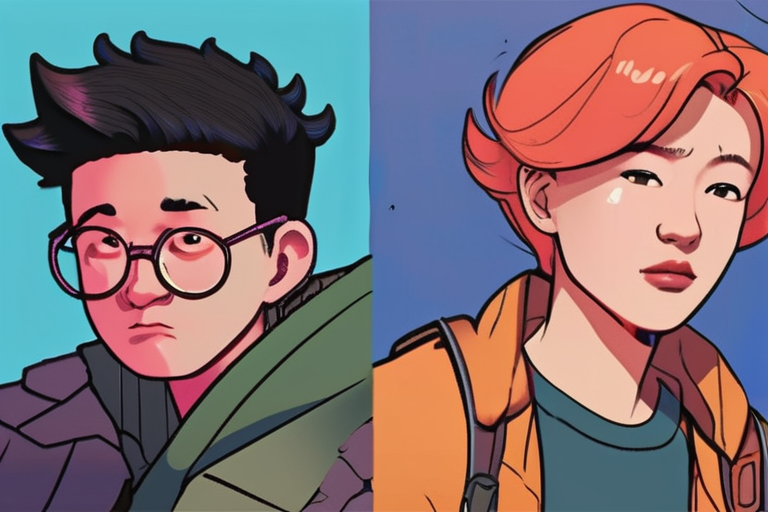

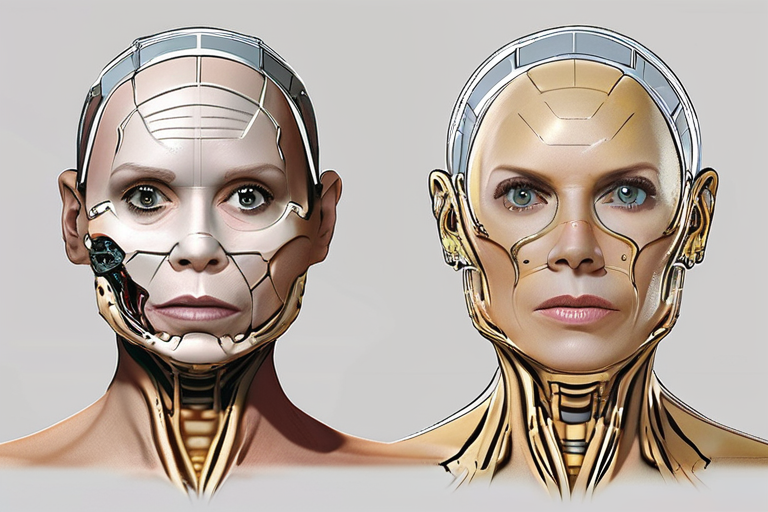
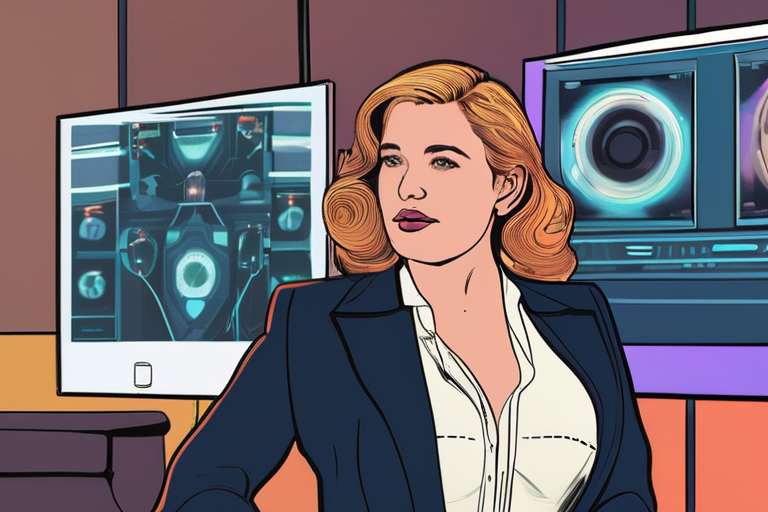
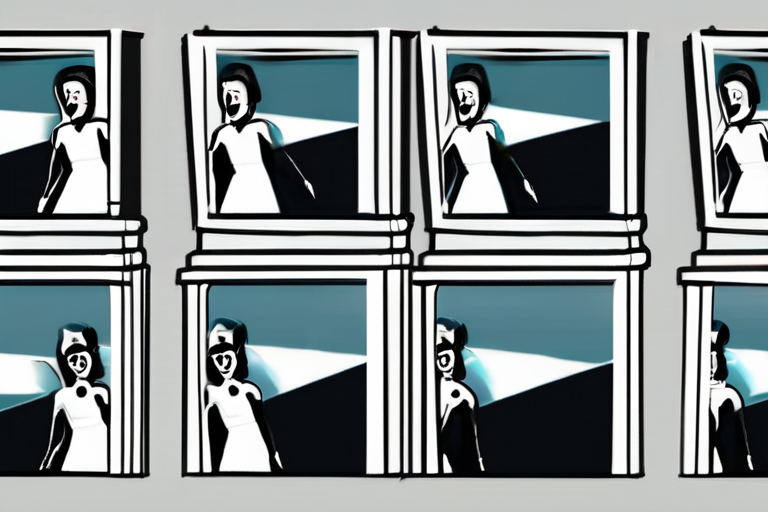
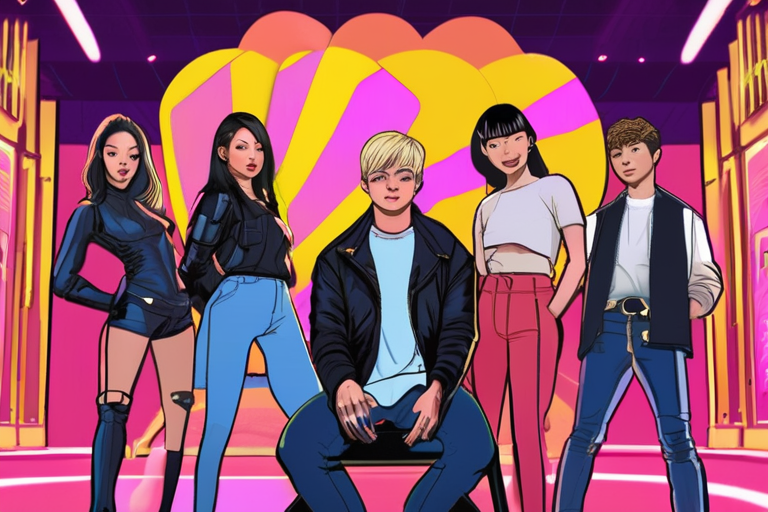
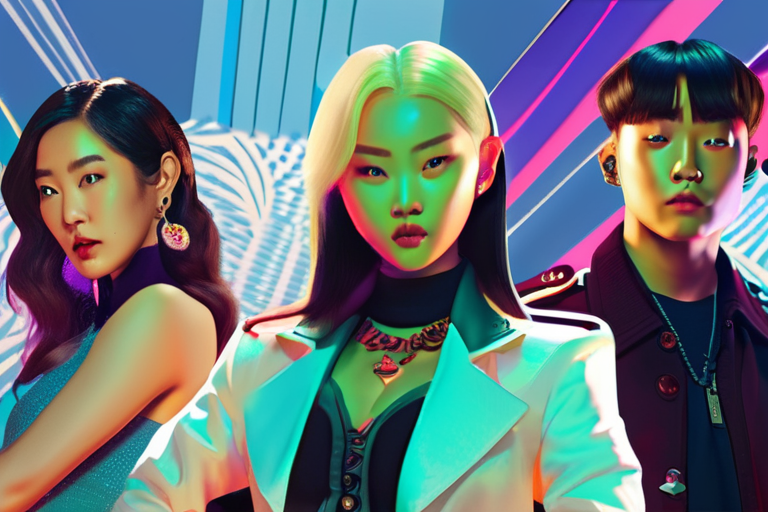
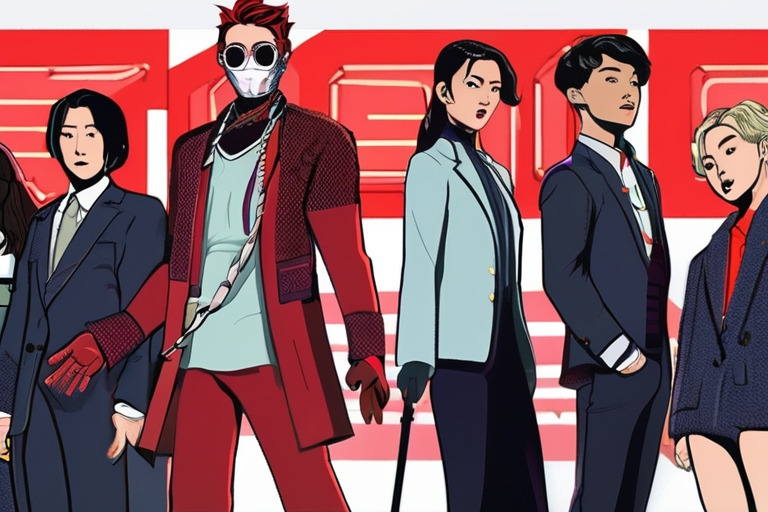
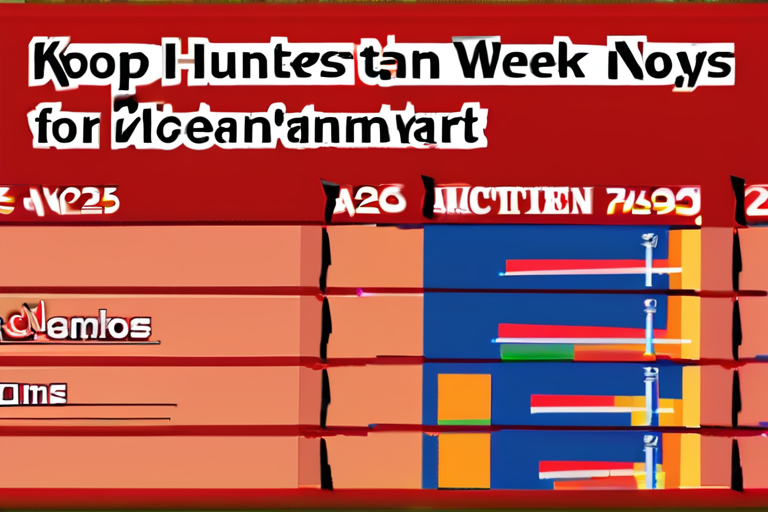
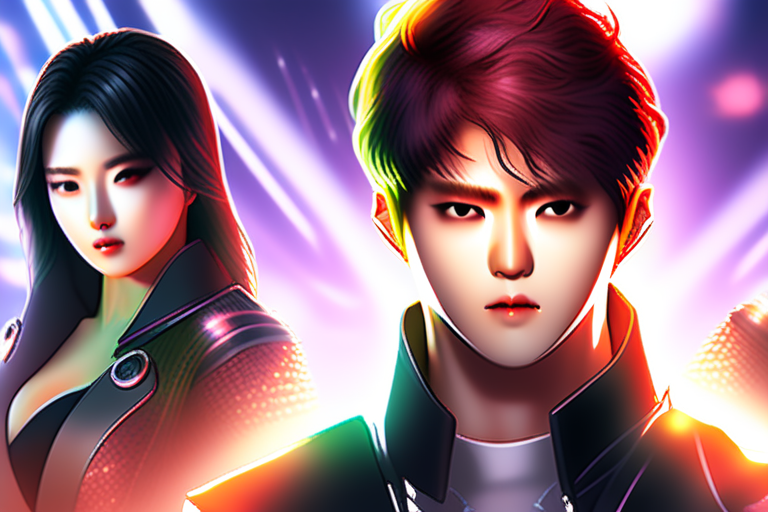
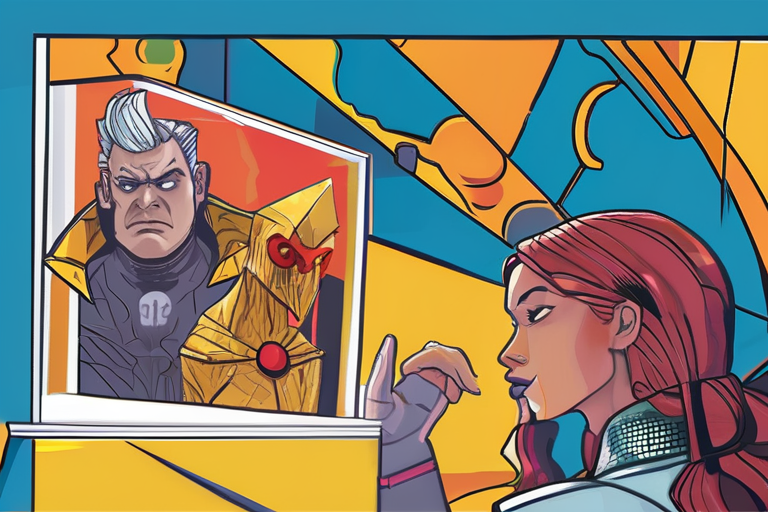
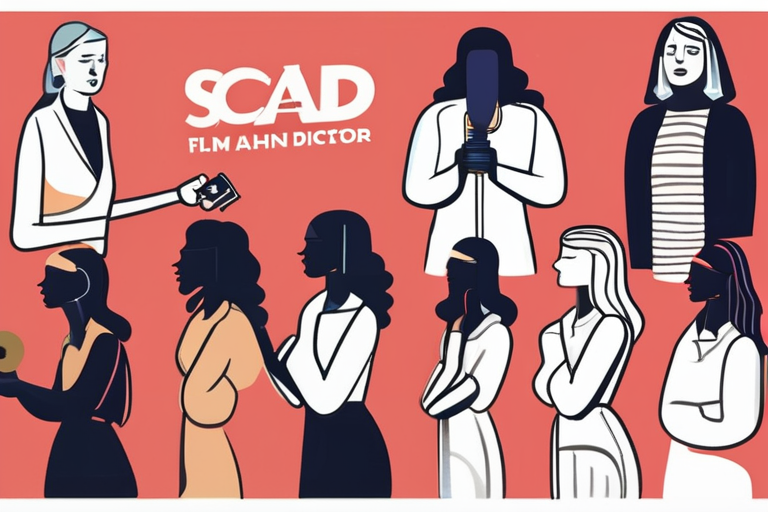
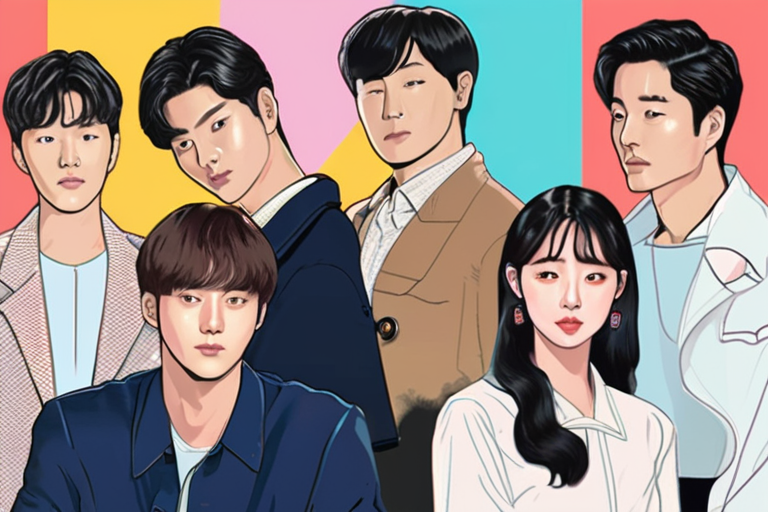
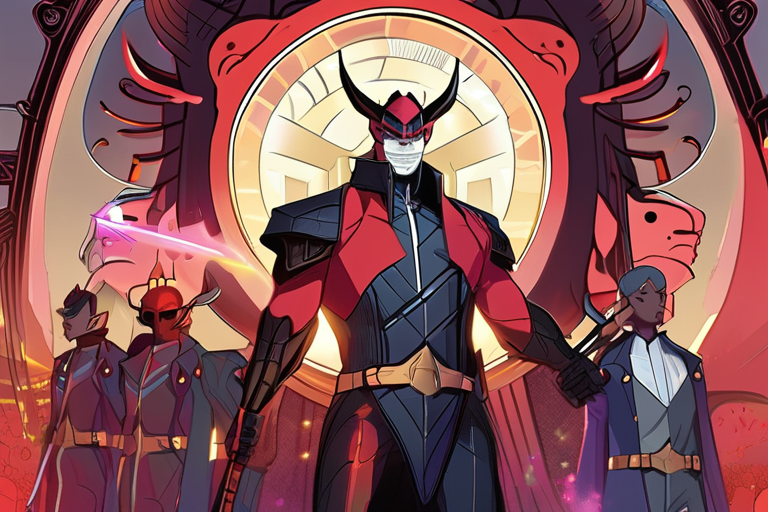
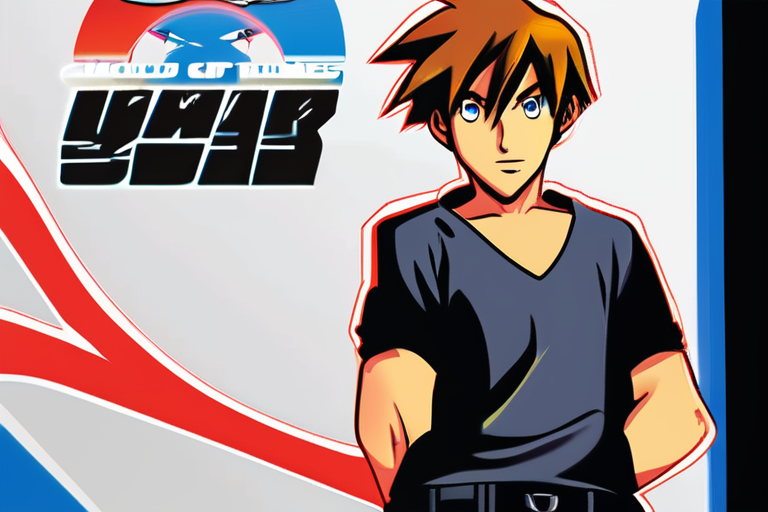
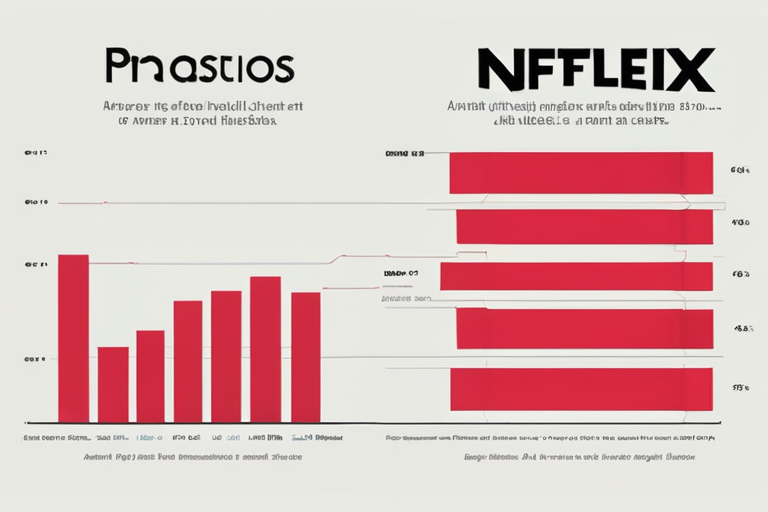
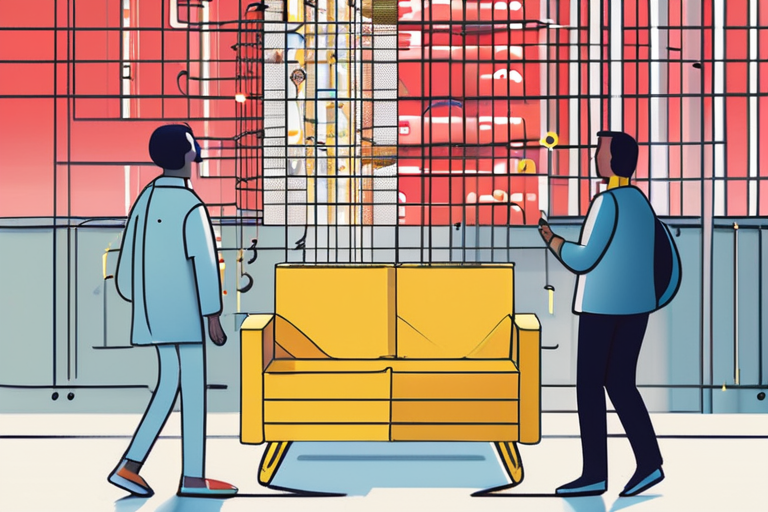
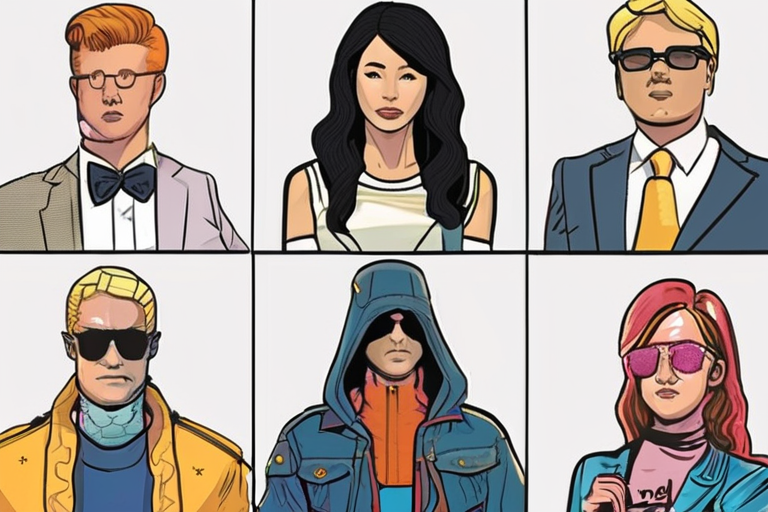
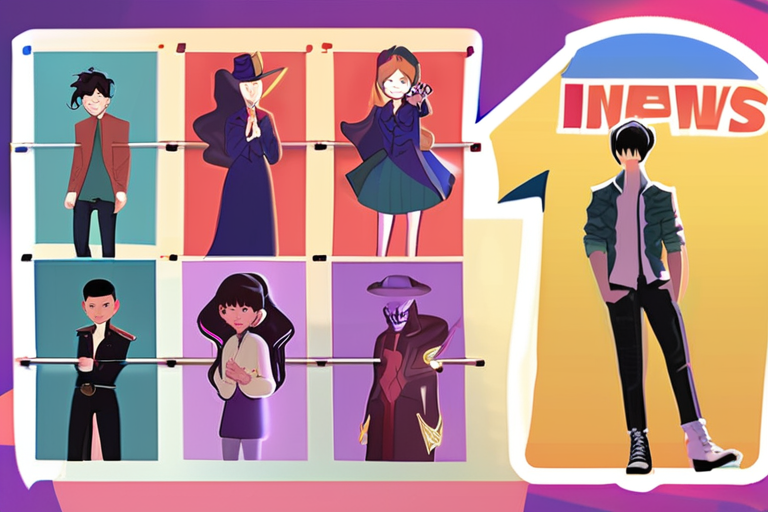
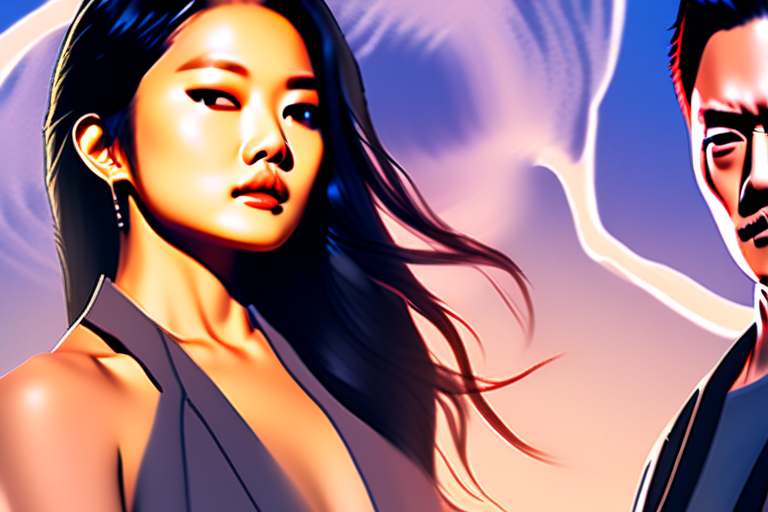
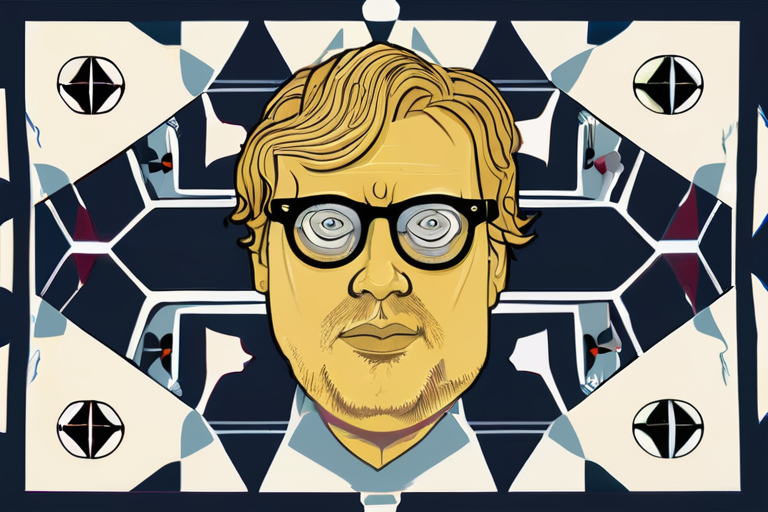
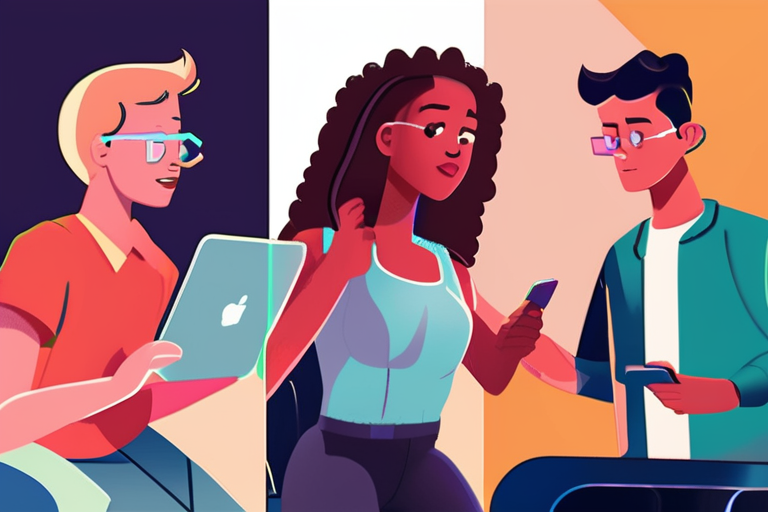
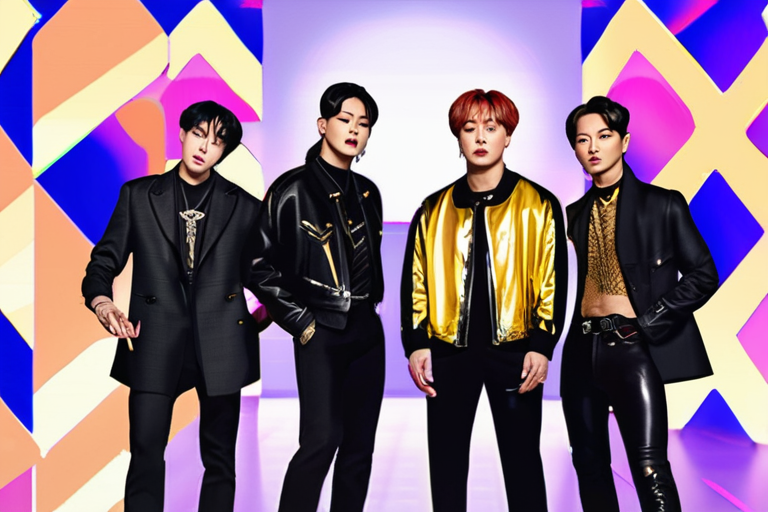
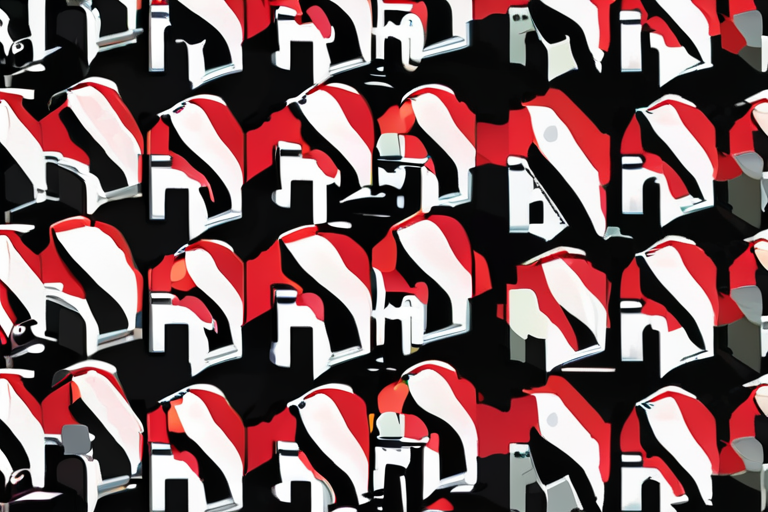
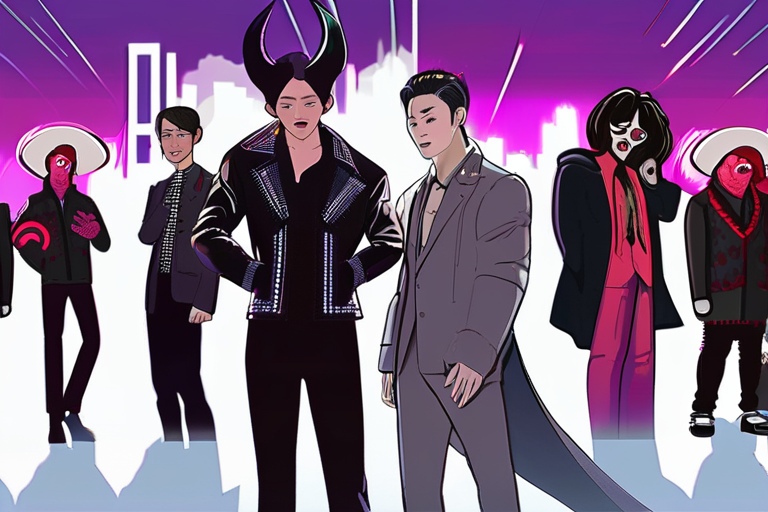
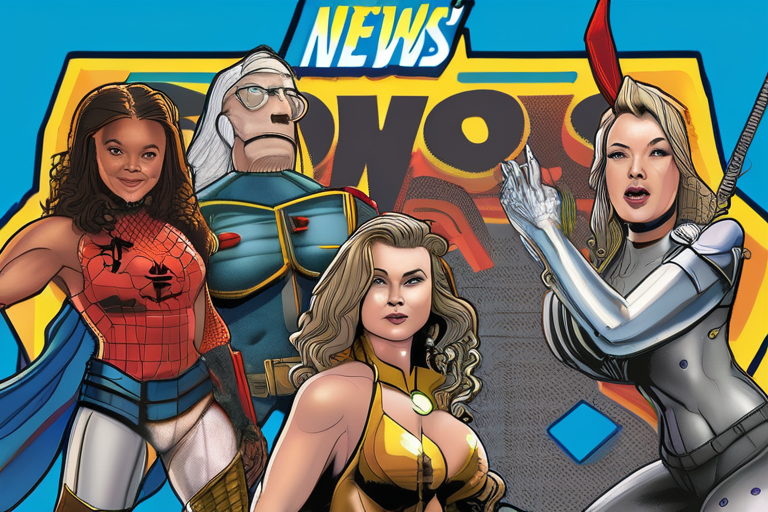
Share & Engage Share
Share this article